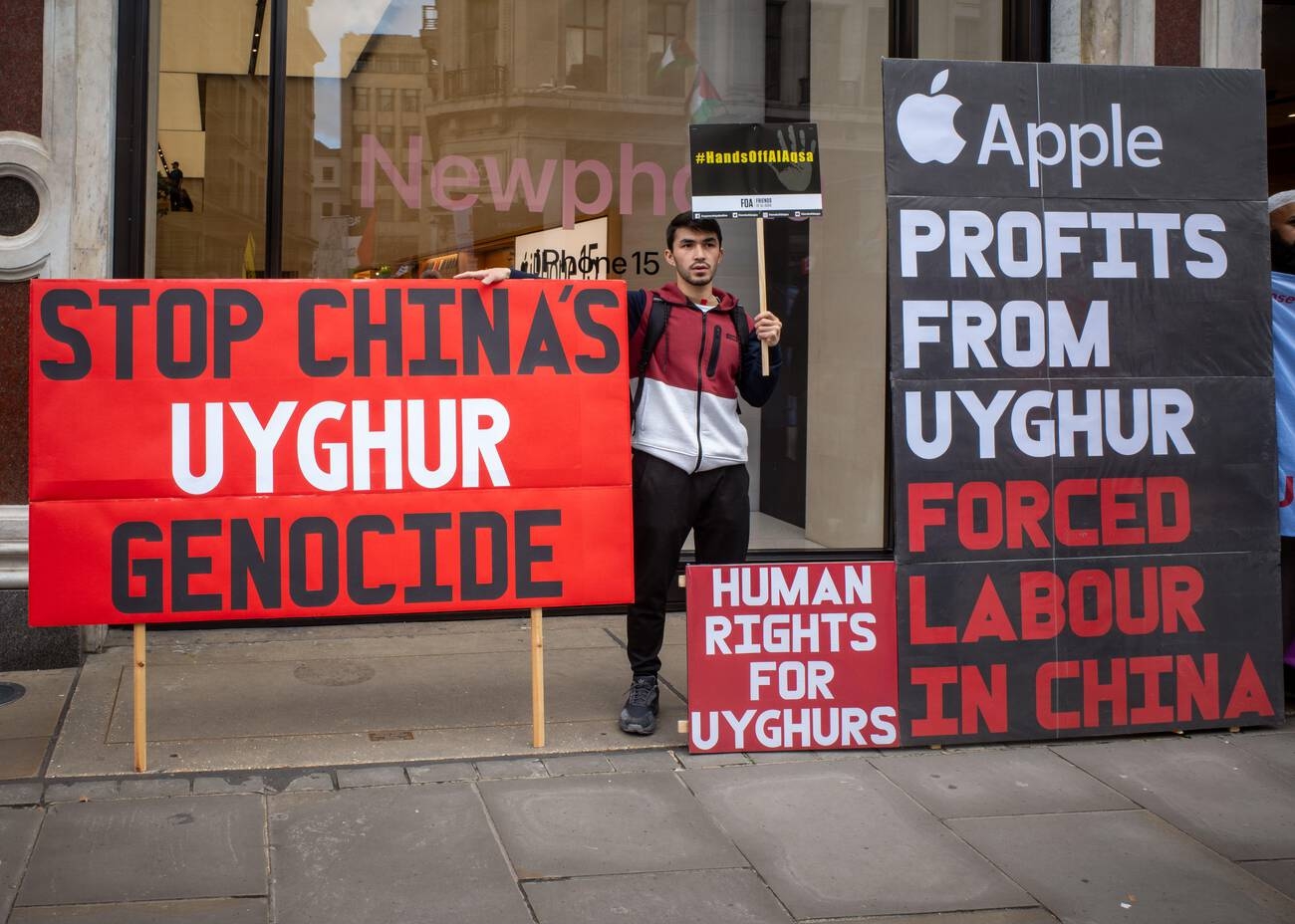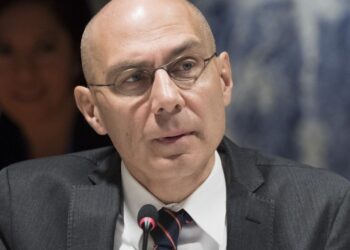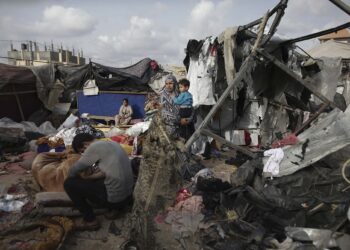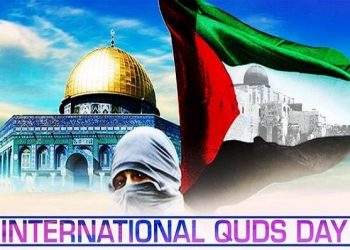Human Lives Human Rights: After the bloody terror attacks in the United Kingdom, there are an increasing number of studies being conducted on the cause of radicalization. UK’s Henry Jackson Society, a think tank, has published a report on foreign funding for extremist branches of Islam in the United Kingdom.
Saudi Arabia has been clearly named as one of the greatest supporters. In the past 50 years, Riyadh has invested at least 76 billion euros ($86 billion) in Wahhabi extremism, the ideological basis of extremist and jihadist movements throughout the world. Are you surprised about these findings?
Susanne Schröter: The findings do not surprise me at all. It has long been known that Saudi Arabia has been exporting Wahhabist ideology – largely similar to the ideology of the so-called “Islamic State” (IS). Propaganda material and organizational expertise are being sent along with money. People are being hired to build mosques, educational institutions, cultural centers and similar organizations, so that Wahhabist theology can reach the public – with great success.
The export of Wahhabism got off the ground after the Islamic revolution in Iran. The revolution had dramatically shaken the Saudis. When Iran started exporting its Shiite ideology, the Saudis felt threatened by it. Around that time, in 1979, hardliners seized the Grand Mosque in Mecca. The Saudis launched an ideological offensive and said, “Now we are exporting our own ideology. We will show the hardliners in our own country what we are capable of achieving.” Then, they started promoting Wahhabism through intermediaries and organizations like the World Muslim League in different countries throughout Asia, Africa and parts of Europe – for example, in former Yugoslavia where Muslims and Christians fought against each other in the civil war. Wahhabists saw it as a gateway, where money was needed since the Muslim population was ready for a new and radical ideology.
The result is that, in many parts of the world, a radical form of Islam is gaining the upper hand. In southern Thailand, the Philippines, Indonesia, and sometimes Malaysia, it was always said that a special form of Islam was practiced, a much more open, much more tolerant version. There has been a dramatic development towards radicalism over the past three decades. It is perfectly clear that this development has been encouraged by Saudi money. Moreover, young intellectuals have been recruited with generous scholarships at Saudi universities. These people return to their homes after having studied at Saudi universities and suddenly carry out Wahhabi missionary work in all their home countries.
Saudi radicalism developing in Germany
Pierre Vogel, perhaps the most well-known German Salafist preacher, studied on a Saudi scholarship in Mecca. Saudi Arabia has apparently influenced the radicalization process of Muslims in Germany. German media made such claims in December 2016, citing intelligence sources. It was said that religious foundations from the Gulf States, especially Saudi Arabia, supported local Salafist groups in Germany with the approval of their governments.
This is absolutely consistent with our findings. In some cases, state-owned Saudi institutions were massively involved. There was once a Saudi attache in Berlin, Mohamed Fakihi. He had connections to the terrorist cell in Hamburg that carried out the attack on the World Trade Center in New York in 2001. Fakihi also was well connected to Berlin’s Al-Nur Mosque, which often attracts attention for being a Salafist hotspot.
We have seen that Saudi foundations are operating everywhere – partly underground and partly through intermediaries, like Nadeem Elias. Until 2006, he was chairman of the Central Council of Muslims in Germany. This is one of the most important Muslim associations that constantly maintain inauspicious ties with Saudi foundations, including the Muslim World League or the World Assembly of Muslim Youth.
There is also another high-ranking official in the Central Council of Muslims: Ibrahim El-Zayat. Zayat was chairman of the Islamic Community of Germany from 2002 to 2010. But it is clear that there are organizations and individuals in Germany who take the Wahhabization of German Muslims seriously.
Conclusion
The government of Saudi Arabia is one of the biggest funders of terrorism and extremism in the world. With its access to financial resources such as Hajj revenue and oil petrodollars, Kingdom of Saudi Arabia has always been one of the financiers of terrorism and extremism. But, this is not limited to the internal crisis in Iraq and Syria, rather long before the crisis of extremism began in West Asia, Saudi Arabia was a source of terrorist financing in the regions such as the Indian subcontinent and supported extremist groups such as the Sipah-e-Sahaba and Lashkar-e-Taiba. What is clear today is that many of the actions of these two terrorist groups during the 1990s and early 2000s were funded by the Kingdom of Saudi Arabia.
For example, Lashkar-e-Taiba terrorist attack on a hotel in Mumbai on 26 November 2008 was funded by Saudi Arabia from Hajj revenues. In addition to financing terrorism, over the past decades, Saudi Arabia has been constantly promoting terrorism by financing the extremist schools of Deobandi to promote Wahhabi ideology. Other than this, an indirect route for Saudi Arabia to promote hatred and support terrorism is to fund terrorist and extremist groups from its non-governmental charities. Therefore, it can be said that the Kingdom of Saudi Arabia has become one of the main sources of violence and hatred in the international arena.


















